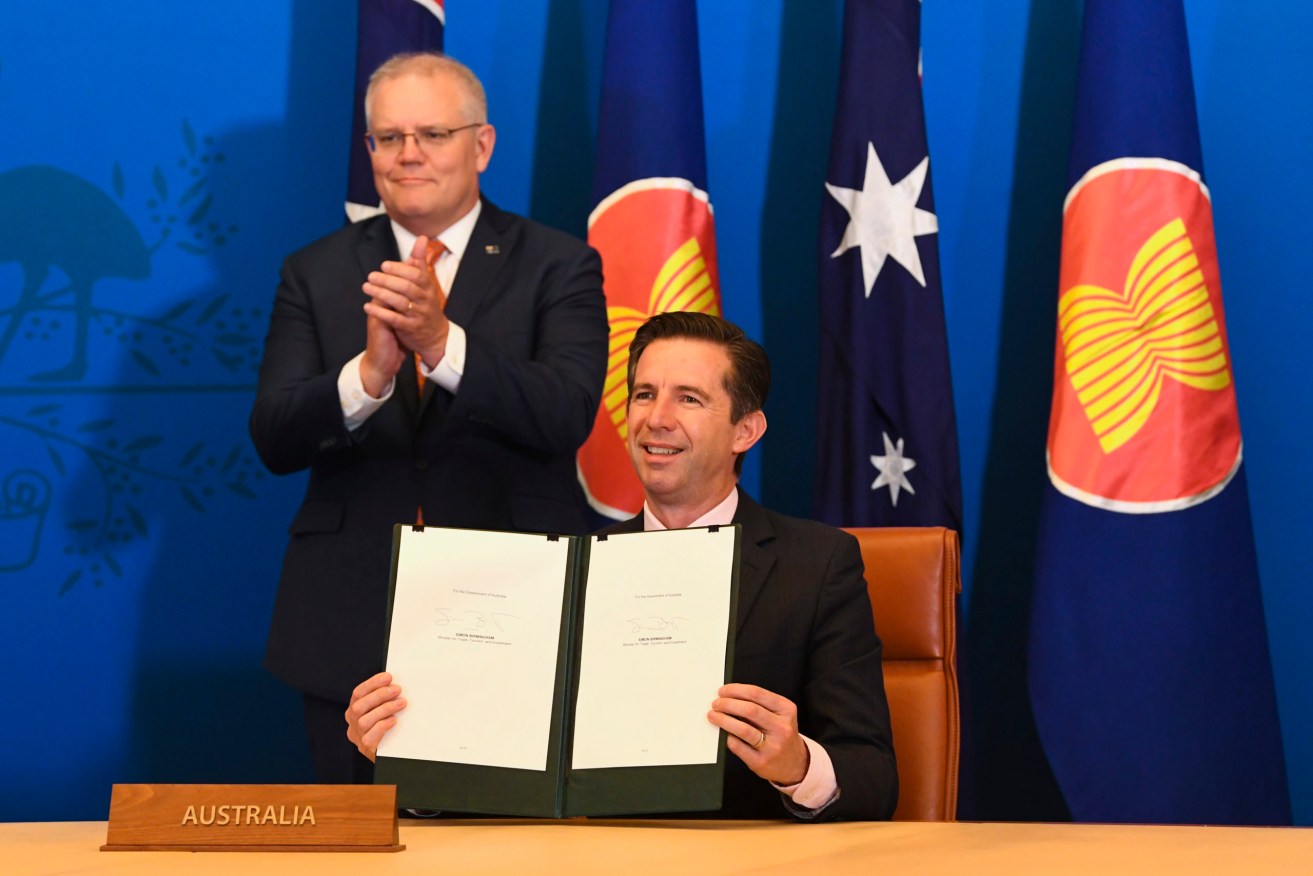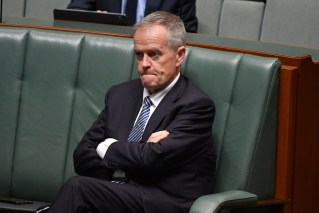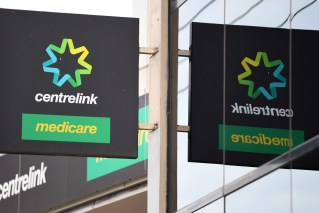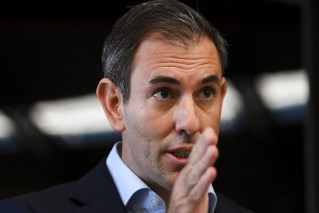New trade pact brings hope for solving Chinese standoff
There are hopes a new regional pact will allow Australia and China to resolve diplomatic tensions and trade disputes.

Australian Trade Minister Simon Birmingham (front) and Australian Prime Minister Scott Morrison react after signing the Regional Comprehensive Economic Partnership (RCEP) during a virtual signing ceremony at Parliament House. (Photo: AAP Image/Lukas Coch)
Australia officially signed onto the 15-nation Regional Comprehensive Economic Partnership at the weekend after eight years of negotiations.
China, Japan, South Korea, New Zealand and 10 South-East Asian countries are part of the pact.
The agreement will cover about 30 per cent of global goods and services.
Australia already has bilateral deals with each nation, so the agreement will not lead to a drop in trade tariffs.
But it could pave the way for talks to resume between Australian and Chinese officials.
Trade Minister Simon Birmingham is keen to resolve battered relations, having been ignored by his Chinese counterpart for many months.
“We continue to be open to dialogue with China at any time,” Senator Birmingham told ABC radio on Monday.
“Our door is open and the ball is very much in their court.”
Chinese officials have launched trade strikes on Australian barley, wheat, timber, coal and lobster in recent months.
Other valuable exports including beef and wine have also been in the firing line.
“We are deeply concerned by some of the regulatory actions and decisions China has made this year,” Senator Birmingham said.
“We’ve made no secret of our concern and our displeasure in that regard.”
The Australian Council of Trade Unions is unhappy with the Indo-Pacific trade agreement.
ACTU president Michele O’Neil is concerned the deal was negotiated in secret and fears Australian workers could be displaced by cheap overseas labour.
“We support trade but we want it to be fair trade,” O’Neil told the ABC.
“We want to make sure that in increasing our exports, we are also making sure we are not putting at risk local jobs.”
The trade treaty will be presented to federal parliament and scrutinised by a committee, with the process expected to take a year or two before the deal comes into force.
-AAP












